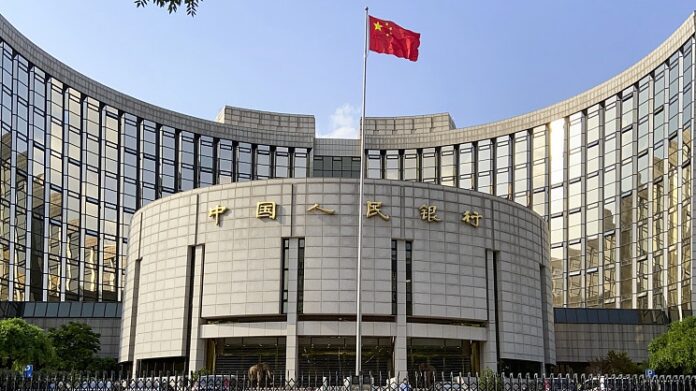By FocusEconomics
BEIJING, China – In December, Chinese banks distributed CNY 1170 billion in new yuan loans, up from November’s 1090 billion figure but markedly lower than market expectations. Money supply rose 9.7 percent in year-on-year terms in December, which was a deterioration from November’s 10.0 percent increase.
December’s figure marked the worst reading since February 2022. Meanwhile, the stock of total social financing (TSF) – a broader measure of credit and liquidity in the economy that includes loans, bonds and other non-traditional instruments – increased 9.5 percent in the month (November: 9.4% yoy). The soft credit data was the result of weak private-sector loan demand, which was partly offset by strong government bond issuance.
Regarding monetary policy, the central bank kept its key interest rates unchanged over the last month despite the disappointing economic backdrop, likely due to concerns over currency weakness and banks’ profit margins.
Looking ahead, money supply growth is forecast to ease this year, while our Consensus is for the Central Bank to trim policy rates by end-2024 in a bid to dynamize economic activity.
On the credit data and monetary policy outlook, Nomura analysts said:
“The soft credit growth print was again dragged down by loans and corporate bond issuance, which has remained fairly weak over the past few months. Government bond issuance, backstopped by the extra RMB1.0trn of CGB issuance, continues to support credit growth. […] The latest soft inflation reading, […] coupled with these poor credit data, lends further support to our call that the PBoC will provide further monetary policy support to shore up the economy.”





